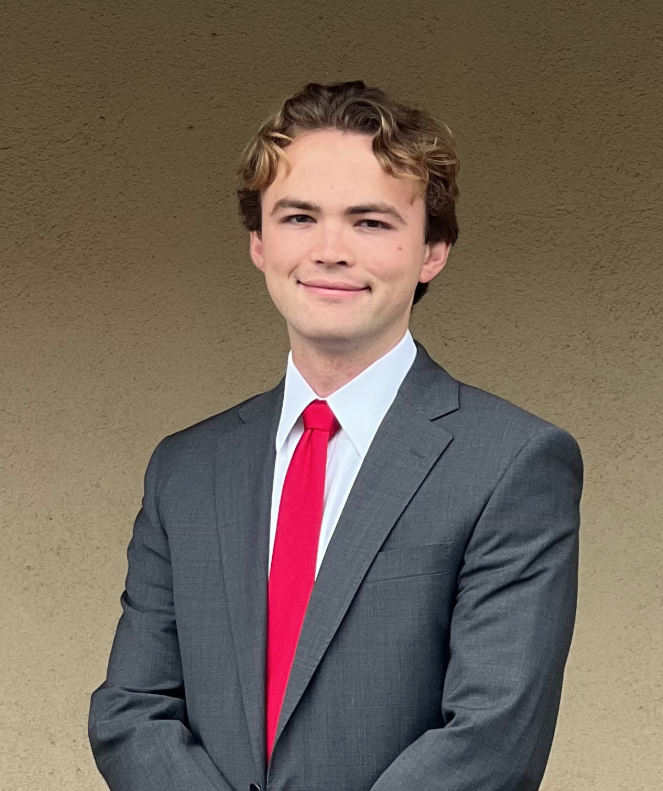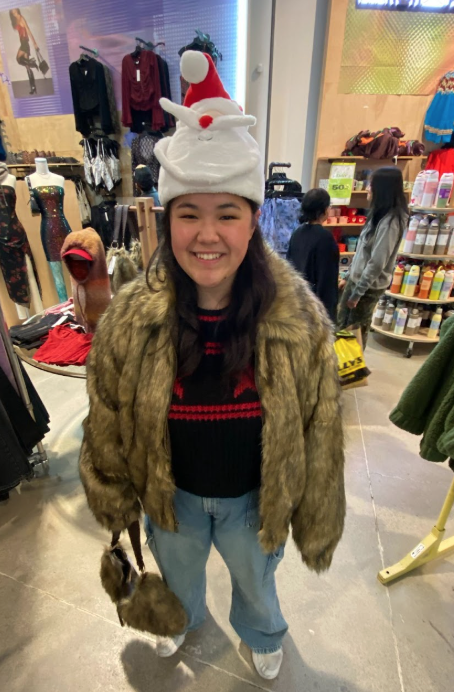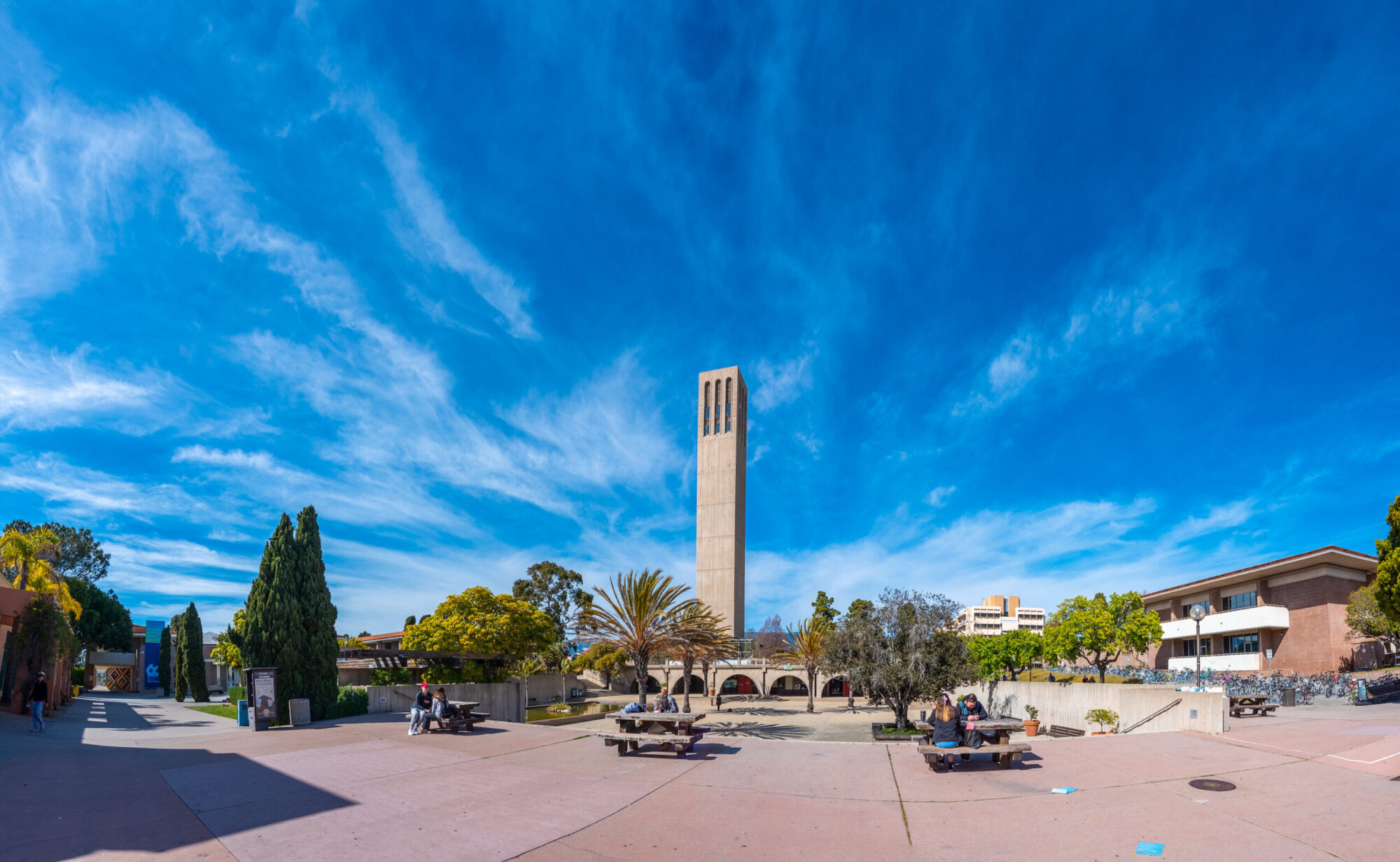UGH: A Newsletter, (Winter 2025).
History Here (upcoming events)
History Club Weekly Meeting – Every Tuesday @ 7 PM! The History Club has an exciting lineup of events you won’t want to miss. Follow @ucsbhistoryclub to stay updated on everything we have planned.
📅 Date: February 3rd, 2025
⏰ Time: 9:00–10:30 AM
Join Kareem Abdelbary, Alexandra Birch, and Salma Shash, moderated by Dr. Charlie Hale, as they delve into themes of violence and governance in this engaging CMES Graduate Fellows Panel. Don’t miss this thought-provoking discussion!
Chinatown Remembered: A Celebration of Santa Barbara’s Chinatown
📅 Dates: January 31st – February 1st
⏰ Time: 6:30 PM – 10:00 PM
📍 Location: El Presidio de Santa Bárbara State Historic Park
Celebrate Chinese New Year and the vibrant history of Santa Barbara’s Chinatown with immersive projection installations by The Environment Makers and lion dance performances by the Camarillo Lion Dance Association. This free, family-friendly event brings history and artistry together in a meaningful tribute to Santa Barbara’s Asian American community. Learn more about it here!
Key Passages Talk: Subject or Objects? Key Passageways between Things and Humans | Claudio Benzecry
📅 Dates: January 30th
⏰ Time: 4 PM – 6 PM
📍 Location: McCune Conference Room, 6020 HSSB
Chumash Basketry: Art & Life | Dr. Jan Timbrook
📅 Dates: February 3rd
⏰ Time 7:30 PM – 9 PM
📍 Location: Santa Barbara Museum of Natural History @ the Fleischmann Auditorium
Join the Santa Barbara County Archaeological Society for a free public lecture with Dr. Jan Timbrook, SBMNH Curator Emeritus of Ethnography, as she explores the rich history and craftsmanship of Chumash basketry. Learn about the intricate process of basket weaving, the native plants that make it possible, and the enduring cultural significance of this living art form. Arrive early to secure your seat and view the new exhibit showcasing the work of past and present Chumash weavers.
Please email history-undergrad-journal@ucsb.edu if you want your event highlighted in our newsletter!
The Latest (research spotlight)

We’re thrilled to showcase the incredible talent featured in our Fall 2024 issue, where we published the works of nine outstanding writers. Among them is Cole Grissom, a 2024 UCSB alum whose work offers a captivating dive into ancient Rome.
In his paper, “Alexander Severus and his Puppet Masters: The Involvement of the Julias Maesa and Mamaea in Alexander Severus’ Reign (AD 222–235),” Grissom unpacks the extraordinary political power wielded by Julias Maesa and Mamaea, two women who shaped the empire from behind the scenes. Through this deep exploration, he reveals how their influence, strategies, and unprecedented roles reflected broader aspects of Roman society. Grissom also takes on the challenge of interpreting ancient sources like Herodian’s History of the Roman Empire and the Historia Augusta, uncovering the truths hidden within these historical texts.
Want to read more? Check it out here! Follow @cole.grissom07 on Instagram to see what he is up to now!
Microhistories: Coming Soon.
Are you eager to get published but want to start small? Here’s your chance! The UCSB Undergraduate Journal of History proudly presents Microhistories, an exciting opportunity for students to showcase their research.
Submit a Public History Blog (1,000 words) or a Deep Archival Dive (500 words) and take your first step into academic publishing in a low-stakes, supportive environment. Gain valuable experience with the publication process while getting featured in our newsletter and on our website!
Don’t miss this opportunity to share your voice, hone your skills, and get your work out there!
Learn more and submit your Microhistory here!
Honors Course Crashing (theses)
UCSB is home to an incredible history department, and these students are hard at work on their History Honors Theses. Let’s find out what they are working on. Today, we feature Rui Yuan, Let’s hear what she had to say:

Q: What is your honors thesis all about? A: My research examines how Tang emperor Wu Zetian (625–705 CE) used religion to challenge gender norms and legitimize her rule. As the only woman to rule China as emperor, Wu rose from a concubine to establish the Zhou Dynasty within the Tang period. Leveraging Buddhism, she defied Confucian patriarchal traditions and reshaped imperial conventions. The study explores the religions she utilized, her strategic reasons, and the historical biases surrounding her legacy. Wu Zetian’s reign offers valuable insights into political legitimacy, religion, and social cohesion during the Tang dynasty’s culturally diverse and open era.
Q: What is your favorite thing about being a part of the history department at UCSB? A: Definitely being part of a warm and supportive community
Q: What advice would you give to a new History or HPPL Major? A: I highly recommend attending your professors’ office hours—they’re incredible storytellers, and you can learn so much from their experiences and insights!
Thank you to Rui for chatting with us while balancing the challenges of working on your thesis! We’re so impressed by your passion and hard work and wish you all the best as you wrap up this exciting chapter!
Life After UGH (the alums)
Our alums are busy making their own history! Today, we celebrate Madeline Josa, who graduated from UCSB in 2023 with a B.A. in Art History. I had the privilege of asking a few questions about her journey.

Q: What have you been up to since you left the UGH Editorial Board? A: Since leaving the UGH Editorial Board (and graduating from UCSB), I pursued my master’s in Women’s, Gender, and Queer History at the University of Oxford. While in grad school, I even joined another history journal because I enjoyed my time with UGH so much! Now, I’m working as a historian for an architecture firm in San Francisco—and I’ve also adopted a cat!
Q: What was the most enjoyable paper you worked on as an UGH Editor, and why? A: There was one paper from the first volume that has always stood out to me, likely because of my background in women’s history, focused on the experiences of women in Northern Ireland during the Troubles. Titled “State Instituted Sexual Violence: How the Northern Irish State Weaponised Gender to Enforce Authority During the Troubles, 1968–1998” by Alice Symington, it was one of the first papers I helped copy edit. The topic was so fascinating that it sent me down a research rabbit hole purely for fun, as I wanted to learn more about it.
Q: What is your best (or most ridiculous) UGH Editorial Board memory? A: My favorite memory of UGH was being a new member of the Editorial Board when the journal’s first volume was released, and we got to print hard copies. Holding that first printed volume in my hands was such a cool and inspiring moment for me. I still have my hard copy of the very first journal we ever published, and it’s something I’ll always treasure!
Q: Do you have advice for anyone interested in joining the UGH Editorial Board in the future? A: Go in with an open mind—being on the Editorial Board is such a rewarding experience! You’ll get to read fascinating history research that you might not have encountered otherwise, and your own writing will improve so much through the process of working as an editor. It’s truly a unique opportunity to grow and learn!
It’s Giving Me (editor vibes)

Hi! It’s me, Vanessa. I hope you enjoyed this week’s newsletter that I had the chance to curate for you!
A little about me:
I’m currently a 3rd-year History and Global Studies major, and I joined the team in Fall 2024. It’s been such an amazing experience—I’ve learned so much and had a ton of fun along the way. If you ever get the chance, I highly recommend joining the team too! 🙂
Q: What’s Your Roman Empire? (a phrase used to describe something that someone thinks about frequently.) A: Soup crosses my mind more than I’d like to admit. A hearty, warm bowl is comforting, easy to make, and endlessly versatile. My dream would be to come home after a long day of work or school and always have a bowl—or even better, a pot—of soup waiting for me. Whether it’s a stew, bisque, chowder, or a classic broth, I don’t discriminate. They’re all good in their own way, and there’s always room for more.
Until next time, thank you for reading this week’s newsletter! And don’t forget—we’re always looking for more paper submissions, so consider sharing your research with us!

